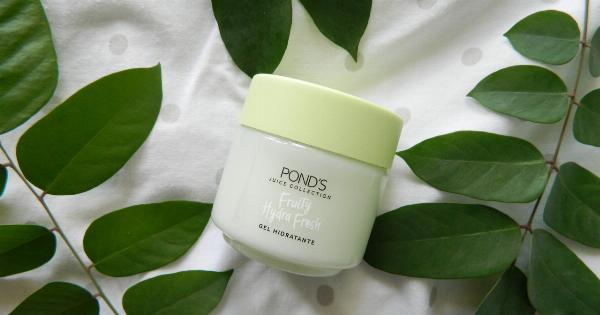The sun is a powerful force that provides light, warmth, and energy to sustain life on Earth. However, when combined with lemon juice, it can create a dangerous duo that can have harmful effects on your skin.
In this article, we will explore the potential dangers of exposing your skin to the sun while wearing lemon juice and the precautions you can take to protect yourself.
The Power of the Sun
The sun emits ultraviolet (UV) radiation, which consists of UVA, UVB, and UVC rays. While UVC rays are mostly absorbed by the Earth’s atmosphere, UVA and UVB rays can penetrate the atmosphere and reach the surface of the Earth.
Overexposure to these rays can lead to various skin problems, including sunburn, premature aging, and even skin cancer.
The Acidic Nature of Lemon Juice
Lemon juice is highly acidic due to its high citric acid content. It is often used in skincare routines as a natural remedy for various skin concerns, such as dark spots and acne.
However, lemon juice can also cause photosensitivity, which means it can make your skin more vulnerable to the harmful effects of the sun.
Photosensitivity and its Effects
Photosensitivity refers to an increased sensitivity or reaction of the skin to sunlight or artificial UV rays.
When lemon juice is applied to the skin, it can make the skin more sensitive to UV radiation, leading to a higher risk of sunburn and other skin damage.
Exposing your skin to the sun after applying lemon juice can increase the likelihood of developing sunburn, redness, inflammation, and blisters. In severe cases, it can even result in second-degree burns and long-term skin damage.
The Risk of Hyperpigmentation
Hyperpigmentation is a common skin condition characterized by darkening patches or spots on the skin. Lemon juice is often recommended as a natural remedy for treating hyperpigmentation due to its bleaching properties.
However, when exposed to sunlight, the combination of lemon juice and UV rays can actually worsen hyperpigmentation.
Instead of lightening the dark spots, the UV radiation can cause the pigmented areas to darken further, leading to a condition known as post-inflammatory hyperpigmentation.
This can be frustrating for those seeking to lighten their skin and achieve an even complexion.
Protecting Yourself from the Duo
While lemon juice can have benefits for your skin, it is crucial to take precautions when using it and exposing your skin to the sun. Here are some tips to protect yourself from the dangerous duo:.
1. Avoid Sun Exposure
The simplest way to prevent the negative effects of the sun and lemon juice combination is to avoid sun exposure altogether. This means staying indoors or seeking shade during peak sunlight hours, typically between 10 a.m. and 4 p.m.
If you must go outside, try to cover your skin as much as possible with protective clothing.
2. Wear Sunscreen
When going outside, always apply a broad-spectrum sunscreen with a high SPF (sun protection factor). Look for a sunscreen that provides protection against both UVA and UVB rays.
Apply it generously to all exposed areas of your skin, including the face, neck, arms, and legs.
3. Use a Lemon Juice Substitute
If you want to enjoy the benefits of lemon juice for your skin but are concerned about its photosensitizing effects, consider using a lemon juice substitute.
There are many natural alternatives that can offer similar benefits without the risk of increased photosensitivity. Some options include rosewater, aloe vera, and chamomile tea.
4. Patch Test and Dilute
If you still choose to use lemon juice on your skin, it is essential to perform a patch test first. Apply a small amount of diluted lemon juice to a discreet area of your skin and wait for 24 hours to see if any adverse reactions occur.
If your skin reacts negatively, avoid using lemon juice altogether.
When using lemon juice, it is advisable to dilute it with water or mix it with other soothing ingredients to reduce its acidity. This can help lower the risk of photosensitivity while still receiving the potential benefits of lemon juice for your skin.
5. Practice Proper Skincare
Regardless of whether you use lemon juice or not, maintaining a proper skincare routine is essential for overall skin health. Cleanse your skin regularly, moisturize to keep it hydrated, and exfoliate to remove dead skin cells.
Additionally, consider incorporating antioxidants and vitamin C-rich products into your routine to help combat the effects of sun damage.
Conclusion
The combination of sun exposure and lemon juice can be a dangerous duo for your skin.
Lemon juice’s acidic nature can increase the sensitivity of your skin to UV radiation, leading to an increased risk of sunburn, hyperpigmentation, and other skin damage. It is crucial to take precautions such as avoiding sun exposure, wearing sunscreen, and using alternative skincare remedies to protect your skin from the harmful effects of this duo.




























